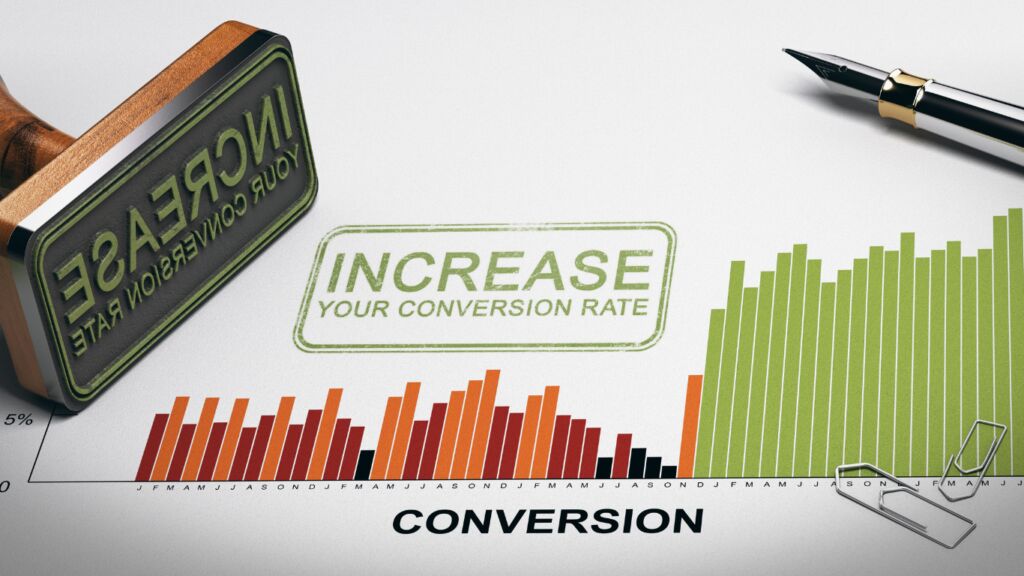These metrics can be used to track a wide range of performance indicators, such as website traffic, engagement, conversions and revenue. They provide a broad overview of how a marketing campaign is performing and can be used to identify patterns and trends over time.
Common Examples of Marketing Metrics include:
- Website traffic: The number of visitors to a website.
- Engagement metrics: Measures of how users interact with a website, such as click-through rates, time on site, and bounce rate.
- Conversion rates: The percentage of website visitors who take a desired action, such as making a purchase or signing up for a newsletter.
- Revenue: The amount of money generated by a marketing campaign.
- Return on investment (ROI): The profit or loss generated by a marketing campaign in relation to the amount of money invested in it.
- Leads: The number of new potential customers that a marketing campaign generates.
- Customer Acquisition Cost (CAC): The cost of acquiring a new customer.
- Lifetime Value (LTV): The total revenue generated by a customer over the course of their lifetime.
Why is it Important to Measure Marketing Performance?
Bottom line, measuring performance takes the guesswork out of your marketing. It alleviates blind spots, so you can make informed marketing decisions for your business.
Measuring your marketing performance allows you to determine if your campaigns and strategies are successful or not. This helps you to make data-driven decisions about how to allocate resources and optimize performance.
It also helps you to identify which channels and tactics are driving the most engagement and conversions and to identify areas that may need improvement.
Measuring performance also provides valuable insights into your target audience and their behavior, which can help you to better tailor your messaging and campaigns to achieve your desired outcomes.
By tracking metrics such as website traffic, lead generation, conversion rates and customer lifetime value, small business owners can determine which tactics are working and which are not, and adjust their approach accordingly – saving time and money!
Metrics can be used to set goals and benchmarks, and to demonstrate the return on investment (ROI) of marketing efforts so you know where to spend your money.
Overall, marketing metrics help small businesses make data-driven decisions to improve their marketing performance and drive revenue growth.
Marketing Metrics vs Key Performance Indicators (KPIs)
Marketing metrics and marketing Key Performance Indicators (KPIs) are closely related, but there is a subtle difference between the two.
Marketing Key Performance Indicators (KPIs) are a subset of metrics. They are chosen based on the specific goals and objectives of a marketing campaign, and they are used to track progress and measure success.
For example, if the business goal is to drive more brand awareness, and the marketing campaign chosen to try to achieve this goal is Facebook ads, then the KPIs will be specific metrics that measure the performance of the Facebook ads, such as the number of ad impressions and website visitors.
Simply put, marketing metrics provide a broad overview of performance while marketing KPIs are specific metrics that are chosen to measure progress towards achieving the determined objectives and goals.
Which Marketing Metrics Should Your Business Be Tracking?
Measuring the ROI of your marketing campaigns is ideal. If you can measure this, then you’ll know if your campaigns are worth the investment.
However, it may take some time to see the ROI, and knowing how your specific campaign is performing, prior to knowing if there is a positive ROI, is important. This insight will allow you to adjust the campaign as needed to improve upon it and point it in the right direction for achieving a positive ROI.
It’s not a one size fits all approach. Every campaign is going to have different goals and therefore metrics (and corresponding KPIs) to measure. Determining the KPIs for each of your marketing campaigns is the key to determining if they are working or not, how to adjust them and, ultimately, whether you should continue to invest in them.
Are you measuring your marketing performance? If so, are you getting actionable insights from the measurement?
Whether you are measuring already or not, knowing what to do with those insights is equally as important. And I can help. Schedule a consultation with me and we can discuss your marketing measurement (or lack thereof) on a call!

